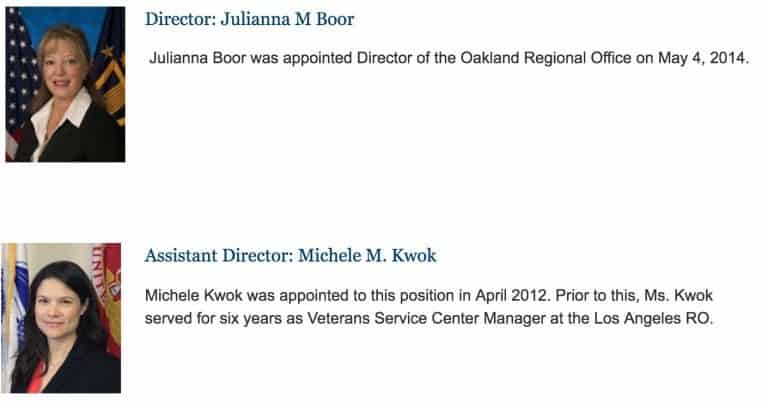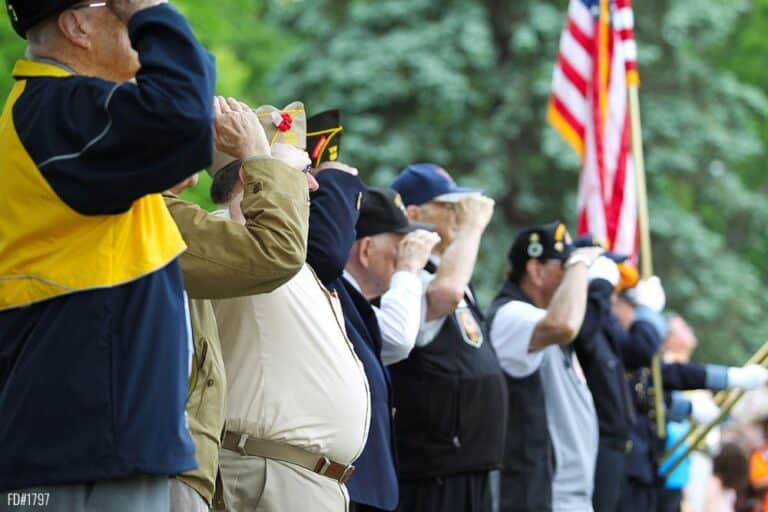Military.com: “Troops Paid More Than Most Civilians”
Really?!
This morning, I practically spit my coffee up when I read this headline on my Military.com newsletter. I clicked on it like most of you and was linked to an article written by Tom Philpott about a DOD study in favor of cutting overall military pay.
I knew that what followed would probably be more like propaganda than actual journalism based on the spin of the titles. Military.com lead off with, Study: Troops Paid More Than Most Civilians. Philpott’s title is below.
In his article, MilPay Higher Than Ever Compared to Civilians, Philpott seems to support the claim that today’s military is paid too much. Really, the comparison was like comparing apples to asparagus.
Here’s a little background and why I’m not surprised Philpott took this position.
Tom Philpott is a well-known veteran and journalist. He is usually pretty good but is sometimes off the mark, especially when the subject deals with budget cuts focused on military pay or veterans benefits.
For example, Philpott recently supported a push to reduce funding for the Veterans Health Administration. That legislation would have left 130,000 veterans without health care. But since the veterans in question “were not poor,” cutting VHA health care was okay, according to Philpott, the Congressional Budget Office, and Republicans in Congress.
Philpott & Military.com got the QRMC Wrong
Here, Military.com and Philpott should have read the entire report their article was based on prior to publishing it. The report was the 11th Quadrennial Review of Military Compensation (QRMC). If they applied a little common sense, they would have realized the comparison is faulty.
Instead, Philpott merely repeats what the report claims without applying analysis.
I’ll summarize his points and then explain why Philpott’s lack of analysis of the data scores a resounding “FAIL” on the common sense meter.
Here are excerpts from “MilPay Higher Than Ever Compared to Civilians”:
[box_light]
- The military gained its lead with annual raises from 2000 to 2010 that exceeded private sector wage growth and some extra increases in housing allowances to eliminate average out-of-pocket rental costs. Meanwhile, civilian pay growth stalled as markets collapsed and jobs disappeared.
- Officer pay by 2009 exceeded salaries of 83 percent of civilian peers of similar age with bachelor and masters degrees. Enlisted are compared to workers with high school diplomas, some college or associate’s degrees.
- To make its pay comparisons, the QRMC used Regular Military Compensation, which combines basic pay with Basic Allowance for Housing (BAH) and Basic Allowance for Subsistence (BAS) plus the federal tax advantage on the tax-free allowances.
- By 2009, the report says, average RMC for enlisted exceeded the median wage for civilians in each comparison group — high school diploma, some college and two-year degrees. Average RMC was $50,747 or “about $21,800 more than the median earnings for civilians from the combined comparison groups.”
Source: Military.com [/box_light]
Philpott goes on to interview one Marine who claims he may be overpaid. He quotes Staff Sgt. Andrew Gallagher as conceding the point of the QRMC, “If someone wants to claim he is overpaid, the staff sergeant concedes, well he might be. Because even if his pay were frozen for the rest of his career, he told me, he’d still stay a Marine.”
So, Philpott’s purpose in adding that statement is to show that we can conclude, so long as a person is willing to still wear their uniform during pay cuts, that the person is then overpaid. Now let’s follow that line of thinking to a logical conclusion for military pay and policy.
The Department of Defense should then cut pay until someone like Gallagher is unwilling to wear his uniform. Nice, Philpott, that’s a really patriotic approach to fair compensation for military personnel in harms way.
Here is a little about Marine Andrew Gallagher
He has served 3 tours in Iraq and suffered from one IED attack that brought his second tour to an early end. His total pay, including BAH and BAS is $58,000. He is stationed at Camp Lejeune.
Philpott went after the low hanging fruit that only supports the position of the Quadrennial Review of Military Compensation. How many hundreds of thousands of active duty service members would have said the opposite? Perhaps the thousands of personnel on food stamps should have been interviewed, as well. But, that would have made Philpott’s article too objective and eroded the point of the QRMC.
Nonetheless, I would love to find a civilian who would be willing to sign a contract that obligated them to work for the same company for 6 years. If the civilian quit early, they would be either thrown into the brig or given a dishonorable discharge.
Additionally, that civilian would be required to travel to the Middle East for an average of 250 days per year for 6 years. When at home, they would be required to drink water at Camp Lejeune, where over one million military personnel had to drink toxic water and are now sick with cancer.
Hmm, how much is that worth in pay to a civilian?
Advice for the next Quadrennial Review of Military Compensation
Try comparing apples to apples next time and compare Gallagher to someone in the civilian sector who does the same job, perhaps a government contractor.
Otherwise, when the average civilian (whose salaries are being used to formulate these completely ridiculous dollar by dollar comparisons) has to live like the average military member, where they have to experience:
- A high risk of death and disability (a military members job is the mission, not their job code),
- Being on call 24/7, miss holidays, birthdays, and other significant civilian events
- Exposure to poisonous chemicals, toxins, experimental vaccines,
- Months away from their families multiple times in a single enlistment period,
- The displacement of their family every 3-5 years,
- And, living with higher rates of family problems including divorce, etc –
then we can do side by side comparisons.
If anything we should be comparing salaries of civilian contractors over there with our enlisted. As of May 2009 the average salary of a civilian contractor was almost $74,000. That’s pure salary. Average according to the article for enlisted is less than $51,000. But, this more reasoned approach would erode what the DOD is trying to do, decrease the overall expense from paying military personnel for the risk and sacrifice they endure.
Comparing jobs accurately shows the military aren’t even close to being equally compensated, let alone “overpaid”. Comparing apples to asparagus doesn’t give you an accurate representation of the situation.
On that note, happy early 4th of July to our active duty personnel in harms way in the Middle East and throughout the world, supporting us while we civilians and veterans enjoy fireworks, brats and beer.
In closing, shame on you Military.com and Tom Philpott. This is the poorest argument and coverage in favor of cutting military pay I have read to date. Congratulations.




Generals in the Army, Marines, Air Force and Admirals who make 250000 dollars a year and more are ovrpaid. Their ranks should be cut in half and paid no more than 100000 dollars